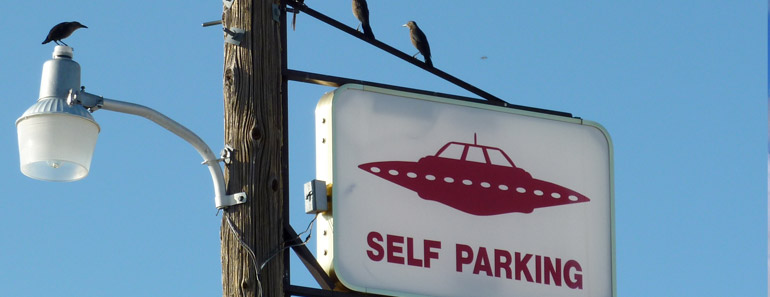
The Grand Hyatt Hotel is Taiwan is the very epitome of modern opulence, in a part of the world that’s become the engine of the world economy and can offer luxury seekers experiences to match anything on the planet.
The resort has a dark past though. For the classic “Indian burial ground” substitute “war-time prison camp and killing field”.
Ghosts have a central place in most Far Eastern folklores. Chinese Buddhism and Taoism both believe that souls live on as ghosts, before reincarnating or finally passing on peacefully. The Hungry Ghosts that are fed in ceremonies are souls that have died unhappily or whose ancestors no longer venerate them. They live on and cause trouble for the living.
Taiwan was under Japanese rule between 1895 and the end of the Second World War in 1945. The island was handed over after the First Sino-Japanese War.
When the Second Sino-Japanese war broke out in 1937, marking the beginning of the Second World War according to some modern historians, Japan tightened its grip on Taiwan, conscripting many islanders into the Japanese Imperial forces and encouraging the adoption of Japanese cultural norms.
The War in the Far East was long, bloody and brutal, stretching the definition of human suffering to the limit.
Taiwan had a crucial strategic role as an off-shore Japanese base and a source of raw materials for the war effort. In time, the island was also a major part of the Japanese POW camp network, holding largely British and Australian captives from Hong Kong and Singapore.
One doesn’t have to delve too deeply into the history of the period to find appalling accounts of cruelty and suffering in the Japanese conduct of the Second World War. Around 25% of combatants captured by the Japanese died in captivity. In contrast fewer than 3% of troops in German captivity died.
There were large number of Japanese prison camps on Taiwan, the most notorious at a giant copper mine where POWS were worked to death.
This is a common theme in Taiwanese ghost stories. For example, the apparently haunted Quanfu Elementary School was located in buildings that had been used by Japanese occupying forces. A former student reports that pupils were banned from the fourth floor of the building so troubled was it by the spirits of those who had been tortured and killed there.
It is one of these camps that is said by some to lie under the shiny modern towers of the Grand Hyatt. Others say that it was the scene of bloody fighting or a camp for political prisoners of the KMT, the Chinese nationalist party of Chiang Kai-shek, who used Taiwan as a base in his long and ultimately unsuccessful battle with the Chinese Communist Party.
Whether this is hearsay or not (some maps show the area as a Japanese military storage depot), it’s an idea that has taken hold and is taken very seriously.
One popular story has Jackie Chan storming out of the hotel at 3am and swearing never to return as a result of his ghostly experiences.
The hotel management has apparently used Feng shui experts to help bring peace to the place, and if you visit you will see amulets, wind chimes and religious texts on walls in the lobby designed to keep the spirit residents quiet.
In 2006, a Japanese visitor took to Trip Advisor to record his experiences. “A fine hotel without a doubt,” he wrote, “but if you’re sensitive to the paranormal you may want to stay elsewhere.” The writer describes himself as a sceptic, but was moved to check out after three nights of a planned five-night stay, receiving a “knowing look” from reception staff he says.
A visitor from Hong Kong in 2013 had a similar experience, changing rooms twice, but still suffering from unexplained headaches and being “totally creeped out” by the sound of footsteps in the night.
So by all means head for the Hyatt but don’t count on a quiet night.

!['Cardiff Castle keep' by [Duncan]](https://strangespookyweird.com/wp-content/uploads/2015/07/cardiff-castle.jpg)

i am staying there right now…and i can attest it is haunted